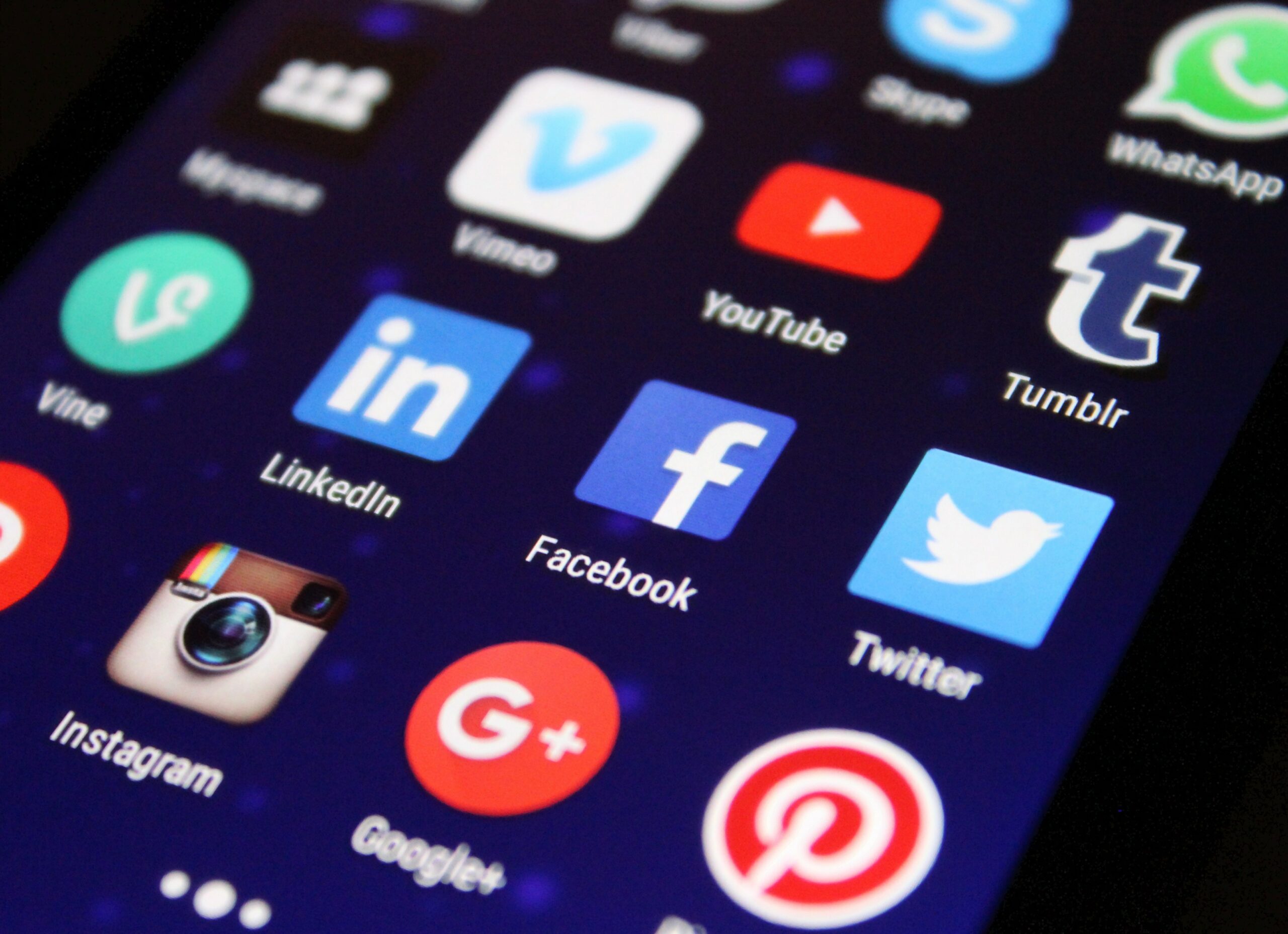- What does it mean to the network to use social media?
The act of staying in touch with friends, colleagues, customers, or clients via internet-based social media sites such as Facebook, Twitter, or LinkedIn is known as networking via social media. The purpose of social networking can be personal or professional.
- how are we motivated to participate in networked publics?
Participating through online education, individuals are able to communicate using a variety of methods. Personally, courses being online has made things effective in the overall life aspect. Emails and forums are a necessity, but so are videos and social media tools. These are quick, efficient, and inexpensive ways for users to engage within their choice of platform.
- What are the risks & reward of public communication?
Social media is a powerful tool that allows organizations to increase their value. Companies establish extensive protocols for use by other organizations in order to stay engaged with external channels and provide awareness, dangers, and authentic surveillance and reaction required to effectively manage social media channels. On the other hand, the benefits of public communication in today’s time & day have been extremely beneficial such as people no longer need to go out of their way to work in offices and shops when it can be delivered all through online platforms for free.
- What is a digital identity?
A digital identity is the collection of information that exists online about an individual. Participants can be identified using unique identifiers and usage patterns. What I choose to present on the internet is my digital identity, what I contribute on the internet is my digital footprint.
- How do personal versus professional approaches to digital identity affect social media use?
Social media screening benefits corporations, it increases people’s ought to supervise one’s content, and their need to share, or leave negative/positive impressions. More people are feeling coerced to set up separate personas for work and professional purposes in order to resolve any conflicts between their identities.
- How do digital identities converge in networked publics – what are the impacts and/ or benefits?
Digital identities merge in digital spaces as people discuss, post, and share personal issues. Social media plays a critical role in fostering such connections. One noticeable impact of this connectivity is that it allows people to maximize existing opportunities. Even so, the involvement of these identities in a single location uncovers private details to theft and misuse. Hackers and stalkers can easily obtain personal information from different platforms. Although social media platforms like Facebook, and Google have implemented two-factor authentification processes to reduce the likelihood of hacking it is still impenetrable.

https://www.pexels.com/photo/close-up-photography-of-smartphone-icons-267350/
REFERENCE:
Danah Boyd. (2010). “Social Network Sites as Networked Publics: Affordances, Dynamics, and Implications.” In Networked Self: Identity, Community, and Culture on Social Network Sites (ed. Zizi Papacharissi), pp. 39-58.